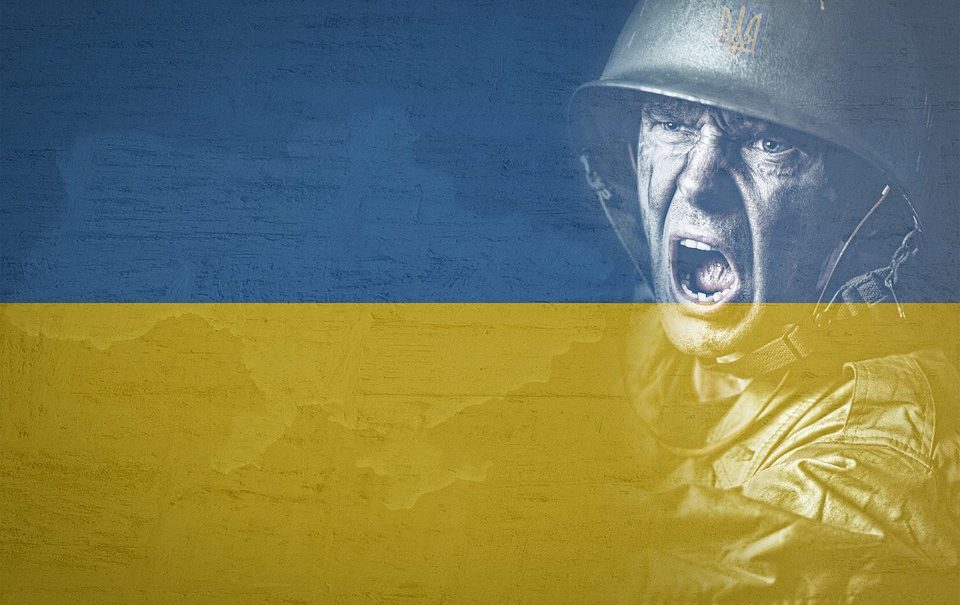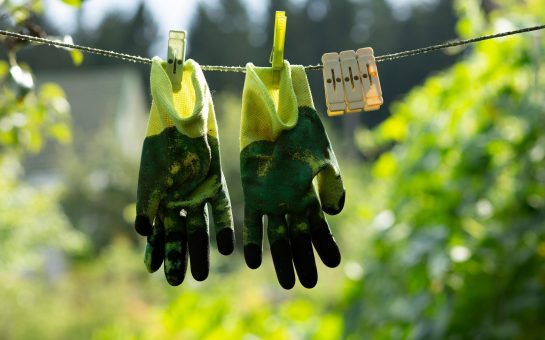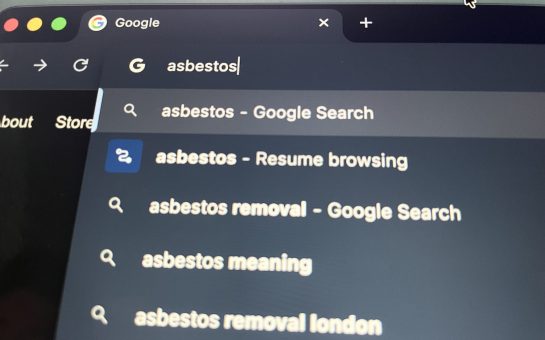The war in Ukraine has dominated news headlines with haunting images of a broken nation since Russia’s invasion on February 24th.
Over the past month President Zelensky has addressed governments and organisations across the globe, even international events such as the Grammys, in order to spread awareness of the political atrocities taking place in his homeland.
Yet the success of the Ukrainian resistance is ultimately credited to the resilience of its people.
Western sanctions implemented against Russia and its citizens have failed to weaken the Kremlin’s offensive forces. Yes, isolating Putin’s economy and his ability to engage with the Western world wields undoubted advantages. However the real attention needs to be diverted to how we can remove Russian forces from Ukrainian soil.
Zelensky even addressed the United Nations Security Council to what seemed to be the one hundredth plea for tougher imposed Russian sanctions. He demanded a ban on the purchase of Russian oil, in addition to the complete isolation of the Russian banking system.
This speech was delivered after the US, UK and EU presented their latest round of sanctions, which included a ban on new investment in Russia, freezing of assets in big Russian banks, and further measures against powerful individuals.
The repetition of the leader turned fighter’s request was one which we’ve seemed to hear like an audio groundhog day. This isn’t to criticise the work of Zelensky – in fact it’s quite the opposite.
Historically, Ukraine has been a geographical crossfire in a proxy war between the West and Russia. To use a lighter example it’s similar to a pair of divorced parents fighting over the custody of their child. The annexation of Crimea in 2014 was a Westernised nightmare, and now this war is forcing the West’s hand: how far will they go to protect Ukraine from falling to Russian control?
Daniel Treisman wrote an article in 2016 contradicting the notion that Crimea was executed out of spite regarding Ukrainian-NATO relations. He wrote that ‘the biggest problem with the theory that Putin seized Crimea to stop Ukraine from joining NATO is that Ukraine was not heading toward membership when Putin struck’. So what does this say about the West’s ‘dedication’ to protect Ukraine? Are we seeing a repeat of the same political song and dance?





